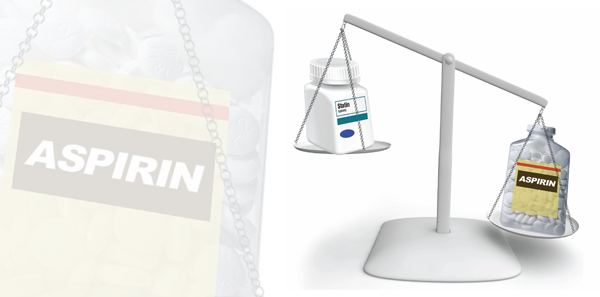
The problem with all of these studies is that none of them indicated that statins were given in the emergency department. Statins within 24 hours and within 48 hours were beneficial. It would seem that the earlier they are given, the better, but we don’t know for sure.
Explore This Issue
ACEP Now: Vol 35 – No 09 – September 2016What about randomized controlled trials? A meta-analysis of 12 trials involving more than 13,000 patients concluded, “Early statin therapy in ACS patients had no statistical effect on virtually any of multiple outcome measures, including the primary combined endpoint.” But what’s early? Studies looking at initiation of statins at seven to 14 days are irrelevant to our question.
EARLY STATINS AND PCI
Not convinced yet? Here’s more positive news about the value of early statins. It focuses on their use in patients having a percutaneous coronary intervention (PCI).
Chan AW, Bhatt DL, Chew DP, et al. EARLY AND SUSTAINED SURVIVAL BENEFIT ASSOCIATED WITH STATIN THERAPY AT THE TIME OF PERCUTANEOUS CORONARY INTERVENTION. Circulation. 2002;105(6):691-696.
The Chan et al study included 5,052 patients not having ACS who had a PCI. About a thousand were treated with a statin at the time of their PCI and had greater comorbidities. Statin therapy was associated with a mortality reduction at 30 days (0.8 percent versus 1.5 percent; hazard ratio, 0.53; P = 0.048) and at six months (2.4 percent versus 3.6 percent; hazard ratio, 0.67; P = 0.046). And these patients weren’t even having MIs. (PCIs have been known to bump troponins by 5 to 40 percent [periprocedural MIs], suggesting that some leakage occurs during the process even in elective PCIs.)
Patti G, Pasceri V, Colonna G, et al. ATORVASTATIN PRETREATMENT IMPROVES OUTCOMES IN PATIENTS WITH ACUTE CORONARY SYNDROMES UNDERGOING EARLY PERCUTANEOUS INTERVENTION: RESULTS OF THE ARMYDA-ACS RANDOMIZED TRIAL. J Am Coll Cardiol. 2007;49(12):1272-1278.
Here’s another provocative paper where the title tells the tale. This was a randomized controlled trial of 171 patients demonstrating that non-STEMI (NSTEMI) patients getting high-dose atorvastatin (80 mg) 12 hours prior to a PCI had a decrease in the 30-day composite outcome of death, MI, or unplanned revascularization (5 percent versus 17 percent, mostly due to a reduction in MIs [5 percent versus 15 percent]).
Benjo AM, El-Hayek GE, Messerli F, et al. HIGH DOSE STATIN LOADING PRIOR TO PERCUTANEOUS CORONARY INTERVENTION DECREASES CARDIOVASCULAR EVENTS: A META-ANALYSIS OF RANDOMIZED CONTROLLED TRIALS. Cath Cardiovasc Interv. 2015;85(1):53-60.
Finally, here’s a meta-analysis of 14 studies of statin-naive patients with stable angina, NSTEMIs, or mixed indications. Curiously, STEMIs weren’t included because it was felt that the short time between drug administration in the emergency department and the PCI would be insufficient to note a drug effect—just the effect we’re looking for!
Pages: 1 2 3 | Single Page




No Responses to “Studies Bolster Statin Use for Emergency Department Patients With Suspected Acute Coronary Syndrome”